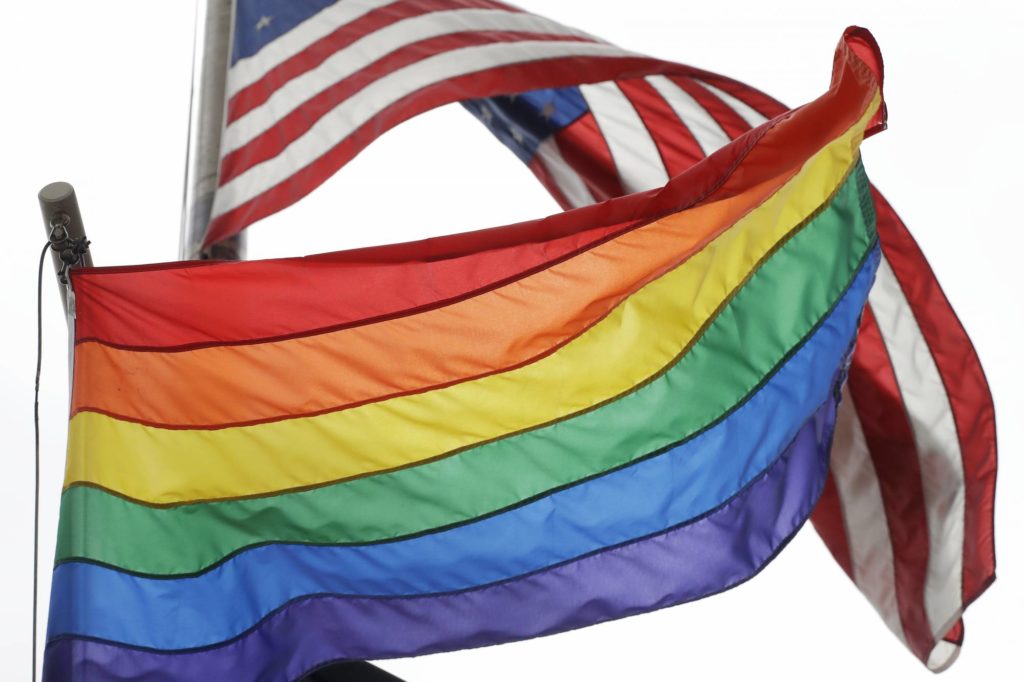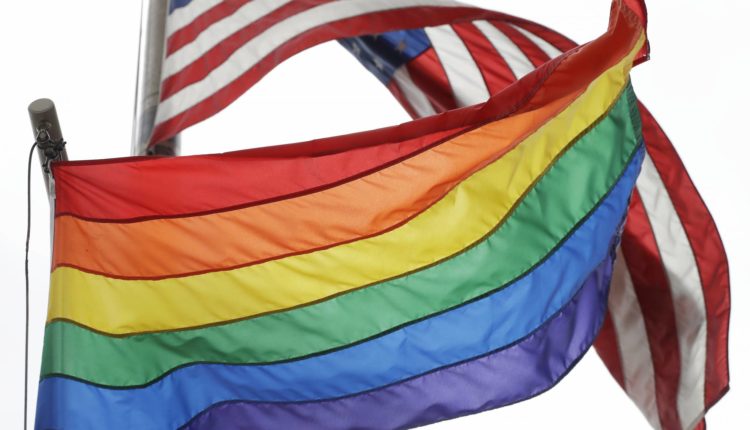OPM will allow same-sex spouses of deceased federal employees a chance to apply for survivor benefits

Some same-sex spouses of deceased federal employees and retirees will have another shot at earning survivor benefits from the federal government, the Office of Personnel Management announced this week.
A new notice, scheduled for publication in the Federal Register Wednesday, describes how widows who meet a specific set of criteria can apply for federal survivor benefits that they were previously ineligible for or, in some cases, denied.
Under the Civil Service Retirement System (CSRS) and the Federal Employees Retirement System (FERS), a widow must have been married to a federal employee or annuitant at least nine months before the employee or retiree’s death in order to be eligible for survivor benefits.
But provisions under the Defense of Marriage Act (DOMA) and now unconstitutional state laws prohibiting same-sex marriage made meeting that requirement a challenge for some widows, individuals who perhaps could have met the eligibility criteria had they been able to marry.
The Supreme Court in 2013 since struck down the DOMA provision that allowed the federal government to treat same-sex marriages differently from opposite-sex marriages for the purposes of granting federal benefits.
But that decision, United States v. Windsor, didn’t address the constitutionality of laws in certain states that did not recognize same-sex marriage. The Supreme Court eventually struck down those laws and declared them unconstitutional in 2015 through United States v. Obergefell.
Now moving forward, OPM will allow widows of same-sex spouses to apply or resubmit an application for federal survivor benefits.
“OPM will deem the nine-month marriage requirement satisfied, notwithstanding the actual duration of the marriage, to provide affected applicants with benefits they could have obtained had they been permitted to marry earlier in their states of residence,” the notice reads.
Applicants for federal survivor benefits must show they were in a same-sex marriage with a deceased employee or annuitant — and that they would have been eligible to receive those benefits but for the nine-month marriage eligibility requirement.
In addition, applicants must show they were married to the deceased employee or annuitant before June 26, 2013, the date the Supreme Court issued the Windsor decision, or within one year after that decision, OPM said.
In situations where the couples lived in a state that prohibited same-sex marriage, applicants who can show they were married to the deceased employee or annuitant within one year after June 26, 2015, the date of the Obergefell decision, are also eligible.
In addition, OPM will allow affected widows who were married to a deceased annuitant after retirement — but who couldn’t previously show the retiree had elected a survivor annuity benefit on the applicant’s behalf within two years marriage as required —another chance to submit documentation.
Applicants in these circumstances can submit evidence to OPM “showing that the annuitant intended to elect a survivor annuity for the applicant, and that but for the provisions under DOMA and/or state laws prohibiting same-sex marriage, the annuitant would have timely elected a survivor annuity on the applicant’s behalf,” the notice reads. “OPM will consider any documentary evidence for this purpose, either in its own files or submitted by the applicant, that shows that the annuitant attempted to elect a survivor annuity for the applicant through correspondence with OPM.”
Affected individuals can apply or resubmit an application for death benefits to OPM by finding the appropriate form at the agency’s website.
OPM’s decision applies to widows seeking federal survivor benefits in a set of highly specific circumstances. But for those who are impacted, the implications are potentially significant.
Patricia Rolfingsmeyer, the widow of a former U.S. Postal Service employee, applied for a survivor annuity after her spouse died in February 2014.
Rolfingsmeyer and Tina Sammons, the former Postal employee, had been together and in a formalized relationship for more than 15 years, according to court documents. They married in Maryland, one of several states that had begun to allow same-sex marriage in 2013, later that year in November.
Sammons died a few months later in February 2014.
OPM denied Rolfingsmeyer’s application in 2016, because she didn’t meet the nine-month marriage requirement necessary to receive federal survivor benefits, the agency said at the time.
Rolfingsmeyer appealed the OPM decision to the Merit Systems Protection Board. When MSPB denied her appeal, she challenged the decision in the U.S. Court of Appeals for Federal Circuit.
In an amicus brief on her behalf, the Lambda Legal Defense and Education Fund said OPM had previously relied on unconstitutional state laws to deny Rolfingsmeyer access to federal survivor benefits.
The case had been pending for much of 2020 until this past June, when both parties agreed not to pursue further litigation, according to the court docket. The parties issued a stipulation of dismissal, and the court dismissed the appeal over the summer.


Comments are closed.